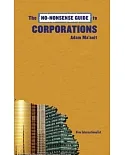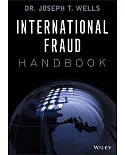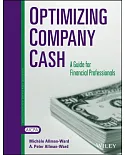Waterhouse contends that the decline of liberal and progressive politics and the ascent of a business-oriented, neoliberal political culture did not happen naturally, but instead was due to the
efforts of a diverse set of conservative activists. He examines one such group: the executives, managers, public affair experts, and trade association directors, who claimed to speak for the
American business community. He argues that in the 1970s and 1980s, a collation of business leaders worked to halt the expansion of government regulations, decrease the power of labor unions,
liberalize the market, shift the tax burden, and made what historians have labeled as the "right turn" toward conservatism in American politics. Their "movement" brought together corporate
executives and free-market ideologues, association directors and small entrepreneurs, presidential staff members, and think-tank people denizens. He spotlights the U.S. Chamber of Commerce, the
National Association of Manufacturers, and, after 1972, the Business Rountable. Corporate activists played a preeminent role in stopping liberal reform legislation, knocked the wind out of
organized labor and the public interest movement, and reshaped public debate. The second half of the twentieth century saw the proliferation of lobbyists, and by the end of the century campaign
finance and corporate lobbying had become intertwined in the national political imagination. He traces the politics of American business from a sense of impending crisis in the 1960s through
its period of cohesion and power in the mid-to-late 1970s, and, finally, to its fragmentation in the 19890s, and 1990s. Annotation ©2014 Ringgold, Inc., Portland, OR (protoview.com)





















